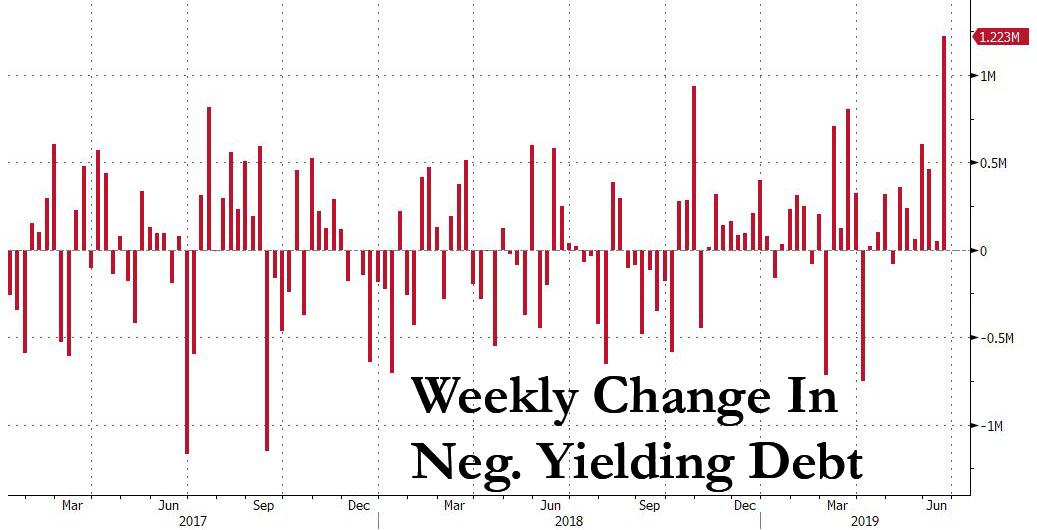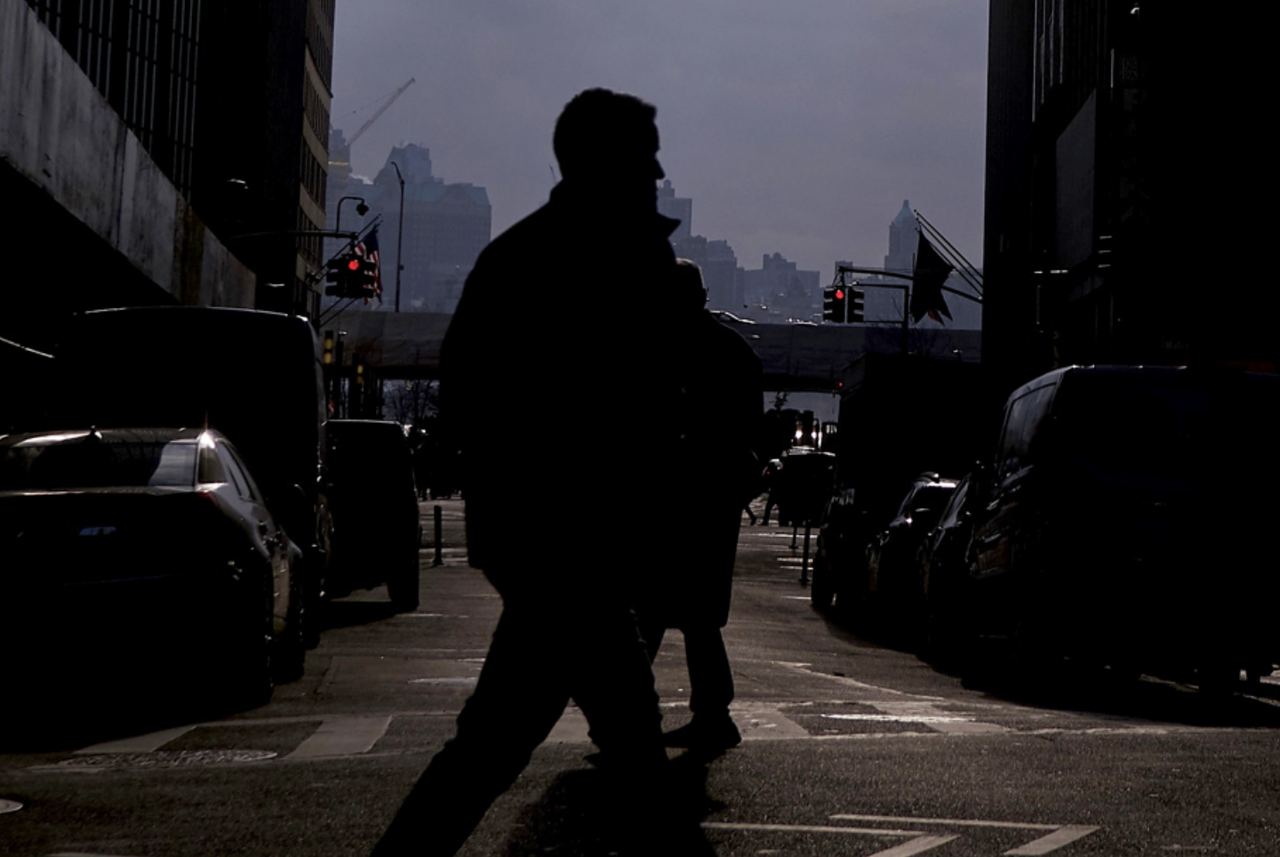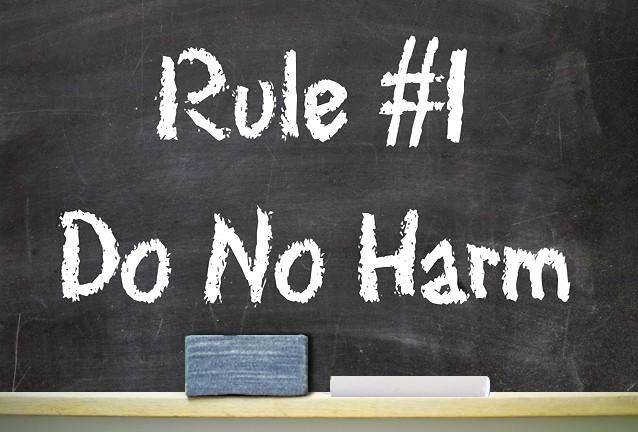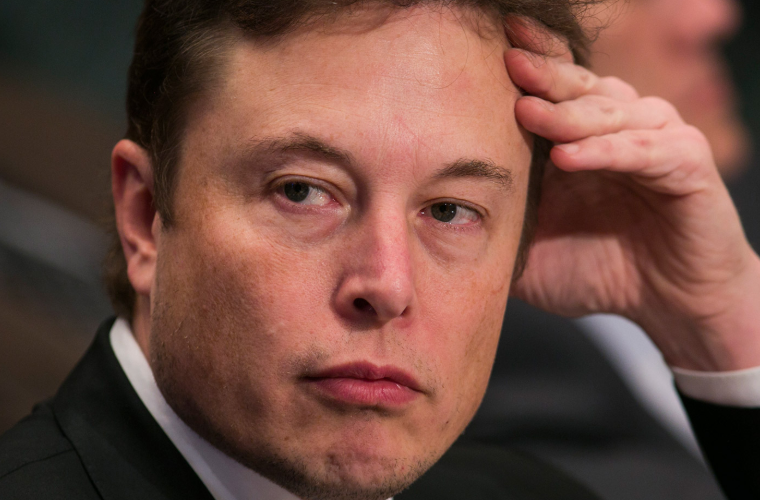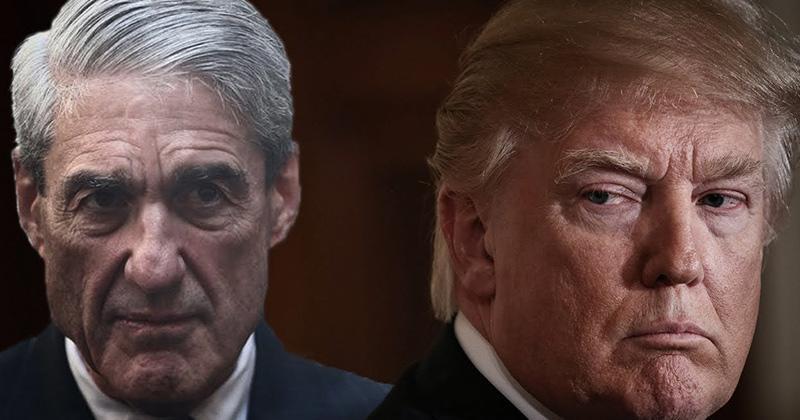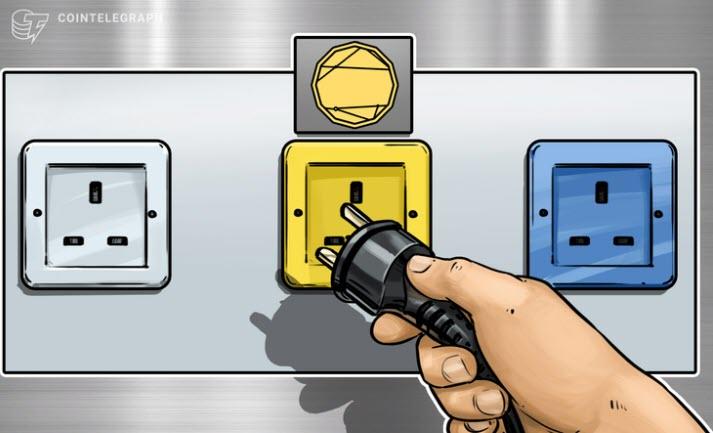Submitted by Grant’s Almost Daily
Globally, the stock of negative-yielding debt crossed a record $13 trillion on Thursday, according to data from Bloomberg. That represents 26% of global sovereign debt supply and 15.3% of nominal worldwide GDP for 2018. Stateside, the 10-year Treasury yield remains below 2%, down from 3.25% in November.
In a New York Times opinion piece last Sunday, Ruchir Sharma, chief global strategist at Morgan Stanley, discussed the fallout from the incredible shrinking interest rates. Citing a report from the Bank for International Settlements, which found that 12% of publicly listed companies around the world can be described as zombie firms (meaning they don’t earn sufficient profits with which to cover their interest payments), Sharma concluded that simple policy miscalculations are on display:
Once the crisis hit, governments erected barriers to protect domestic companies. Central banks aggressively printed money to restore high growth. Instead, growth came back in a sluggish new form, as easy money propped up inefficient companies and gave big companies favorable access to cheap credit, encouraging them to grow even bigger.
Other academic studies lend credence to Sharma’s, and the BIS’s claims. On January 22, the National Bureau of Economic Research released a paper examining the effects of low interest rates on economic dynamism. Incumbents will like what they see:
A reduction in long-term interest rates tends to make market structure less competitive within an industry. The reason is that while both the leader and follower within an industry increase their investment in response to a reduction in interest rates, the increase in investment is always stronger for the leader. As a result, the gap between the leader and follower increases as interest rates decline, making an industry less competitive and more concentrated.
When interest rates are already low, this negative effect of lower industry competition tends to lower growth and overwhelms the traditional positive effect of lower rates on growth.
In January 2017, the Organisation for Economic Co-operation and Development released Working Paper No. 1372, which reached a similar conclusion:
Evidence of a decline in productivity-enhancing reallocation is particularly significant in light of rising productivity dispersion, which would ordinarily imply stronger incentives for productive firms to aggressively expand and drive out less productive firms.
Instead, the productivity gap between frontier and laggard firms has risen, even while the forces bringing dynamic adjustment are waning. This tension is a red flag that something is wrong with productivity, but also points to a potential deterioration of the exit margin [meaning fewer firms are going to corporate heaven].
E-Z money likewise helps bring the dead back to life. As noted by Marty Fridson, chief investment officer of Lehmann, Livian, Fridson Advisors, LLC, during the Spring 2014 Grant’s Conference, the 2008-2009 default cycle was anomalously brief:
“We actually had the situation where the default rate went from a record level to below average the very next year. I would submit that is physically impossible, but it did actually happen.”
Needless to say, the march lower in interest rates will help this encumbered group continue to walk the earth. As compiled by Ben Breitholtz, data scientist at Arbor Research & Trading, LLC and noted in the March 8 edition of Grant’s, the proportion of zombie companies (defined here as those whose operating income fails to cover interest expense for three straight years) in the S&P 1500 Index rose to 13.6% at the end of January. That’s up from 12.4% year-over-year and compared to less than 6% of that broad cohort in 1990. During that period, the yield on 10-year Treasury Inflation Protected Securities declined to less than 1% from more than 14%.
Breitholtz also spotted a key threshold for this undead cohort, telling Grant’s in March:
“We noticed that the closer the 10-year real yield gets to 1%, there is a hypersensitivity for a lot of these overleveraged companies.”
With the 10-year real yield now sitting below 20 basis points, the corporate undead continue to roam.
via ZeroHedge News https://ift.tt/2FA4TeC Tyler Durden
